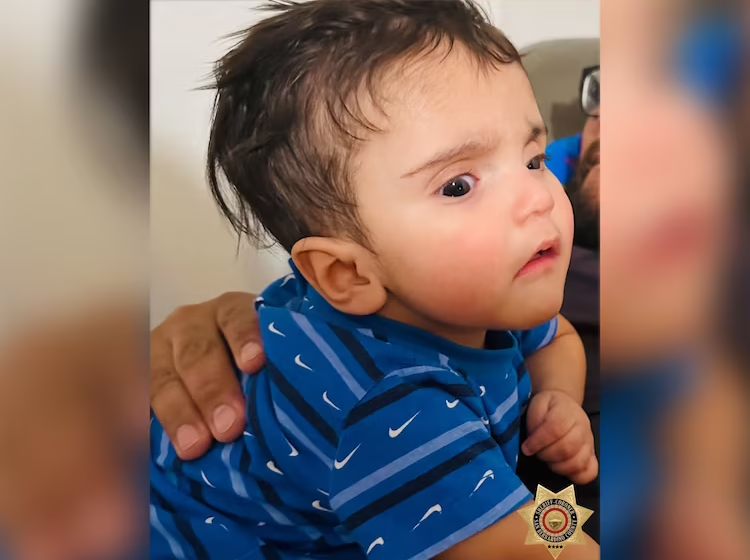Emmanuel Haro: What will happen to Jake and Rebecca Haro after arrest?

Jake and Rebecca Haro arrested in California for the disappearance and suspected murder of their 7-month-old son, Emmanuel.
The arrest of Jake and Rebecca Haro on murder charges marks only the beginning of what is expected to be a lengthy and complex legal battle. Their case will now move through a series of judicial stages, each designed to determine not only their guilt or innocence but also the weight of the evidence against them. At this stage, both individuals remain presumed innocent under the law until proven otherwise in court.
Arraignment and Formal Charges
Following their arrest, Jake and Rebecca Haro are expected to appear before a judge for an arraignment. During this process, the formal murder charges will be read to them, and they will have the opportunity to enter a plea—typically “guilty,” “not guilty,” or, in some cases, “no contest.” This stage is also crucial for addressing bail, though in murder cases, judges often deny bail or set it at an exceptionally high level due to the severity of the alleged crime.
READ ALSO
Pre-Trial Proceedings
If the Haros plead not guilty, the case will progress to pre-trial proceedings. At this stage, prosecutors and defense attorneys will exchange evidence during the discovery process. Motions may also be filed, including attempts by the defense to suppress certain pieces of evidence or dismiss parts of the case. The pre-trial phase is often where plea deals are discussed, with prosecutors potentially offering reduced sentences in exchange for guilty pleas to lesser charges. However, given the gravity of a murder charge, such deals are rare and often politically sensitive.
Trial Process
Should the case proceed to trial, both Jake and Rebecca Haro would face a jury tasked with evaluating the evidence presented. The prosecution will need to prove beyond a reasonable doubt that they committed the crime. The defense, on the other hand, will seek to cast doubt on the state’s case, challenge witness credibility, and provide alternative explanations. Trials of this magnitude are often highly publicized, with courtroom testimony and forensic evidence playing central roles in shaping public perception as well as jury opinion.
UPDATE: August 22, 2025
This morning, detectives from the Sheriff’s Homicide Detail and Specialized Enforcement Division arrested Jake and Rebecca Haro at their residence in Cabazon for PC 187 – Murder.
Investigators will continue their search for seven-month-old Emmanuel… pic.twitter.com/yBlQkjU2Iu
— San Bernardino County Sheriff (@sbcountysheriff) August 22, 2025
Possible Sentencing Outcomes
If convicted, the Haros could face severe penalties, ranging from lengthy prison sentences to life without parole, depending on the jurisdiction and specific circumstances surrounding the alleged crime. In states where capital punishment is legal, prosecutors could even pursue the death penalty if aggravating factors—such as premeditation or extreme cruelty—are proven. Conversely, if acquitted, both individuals would be released, though they might still face civil lawsuits from victims’ families.
Broader Implications
Beyond the courtroom, the arrest of Jake and Rebecca Haro raises broader questions about justice, accountability, and public trust. Their legal journey will not only determine their personal fate but may also influence community conversations about law enforcement, family dynamics in crime, and the role of public scrutiny in ongoing investigations.

